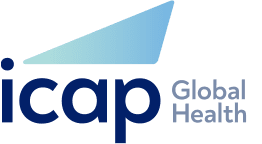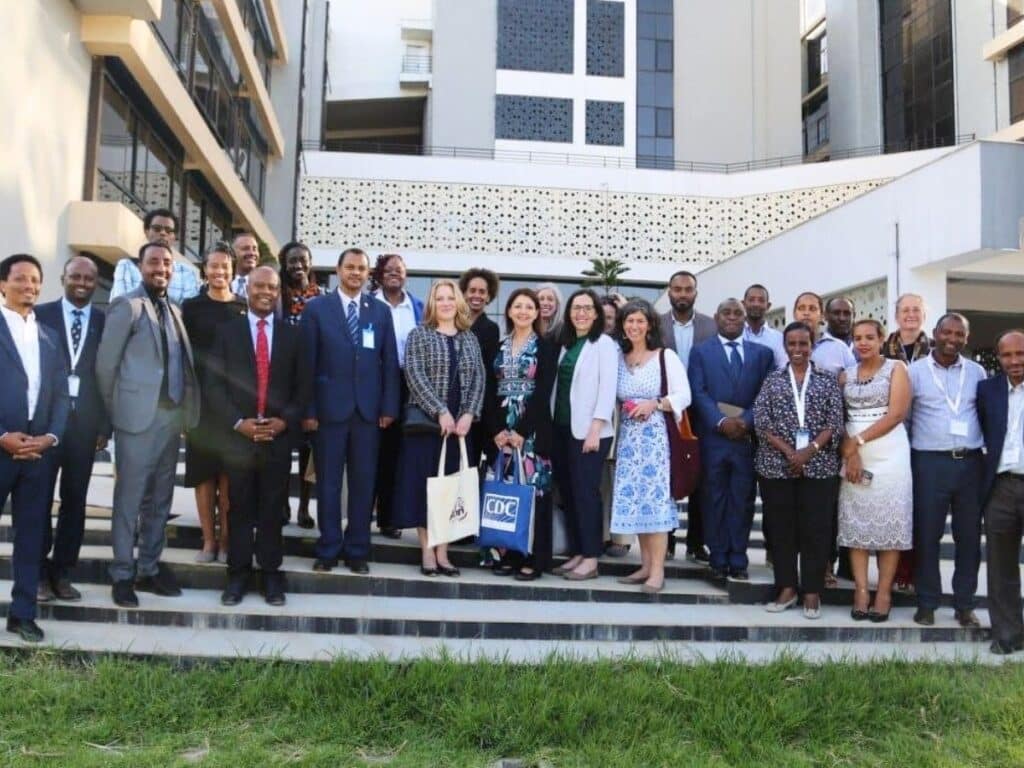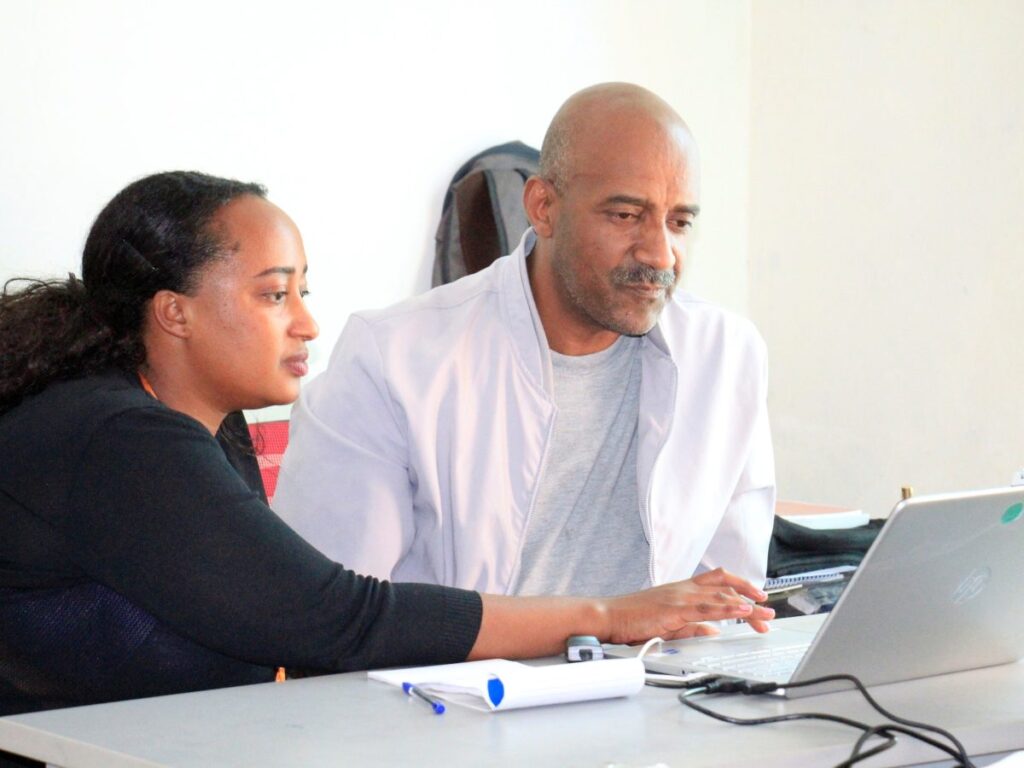Malaria
Malaria
Malaria is a life-threatening infectious disease caused by mosquitos infected with parasites. Without treatment, malaria can cause severe health complications and can be deadly. About half of the world’s population is at-risk for malaria, and most malaria cases occur in resource-limited countries. Pregnant women and newborn children are particularly at risk of contracting the disease. In 2021, an estimated 241 million cases of malaria occurred worldwide resulting in 627,000 deaths, primarily in children under the age of five. However, malaria is preventable and curable. Prevention and control programs can reduce malaria cases and access to diagnostic tools and treatment can reduce malaria morbidity and mortality.
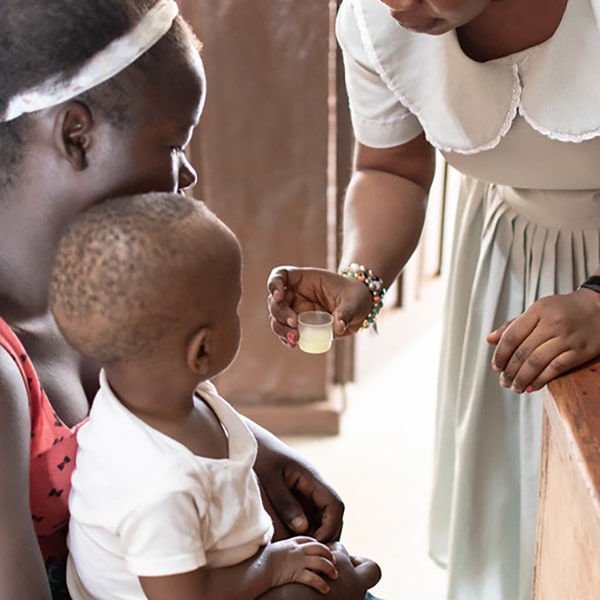
ICAP has a strong track record supporting the rollout and scale-up of malaria prevention and treatment services. Providing technical assistance and implementation support to health facilities across sub-Saharan Africa, ICAP has ensured that quality malaria prevention, diagnosis, care, and treatment services are promptly offered. This includes ensuring that pregnant women and families utilizing PMTCT/MCH services receive medicines for malaria prevention and that people living with HIV with malaria co-infection receive prompt and effective treatment for malaria.
ICAP also partners and collaborates with national ministries of health to develop and facilitate the implementation of essential national policy, strategic and operations documents for malaria laboratory diagnosis and monitoring, and for clinical management of fever/malaria and malaria-HIV co-infection. Additionally, ICAP provides technical assistance for the development and implementation of integrated malaria laboratory diagnosis quality assurance and external quality assessment programs at the national, health facility, and community levels.
Malaria by the Numbers
Cases of malaria worldwide annually
Annual deaths from malaria worldwide
ICAP’s Focus on Malaria
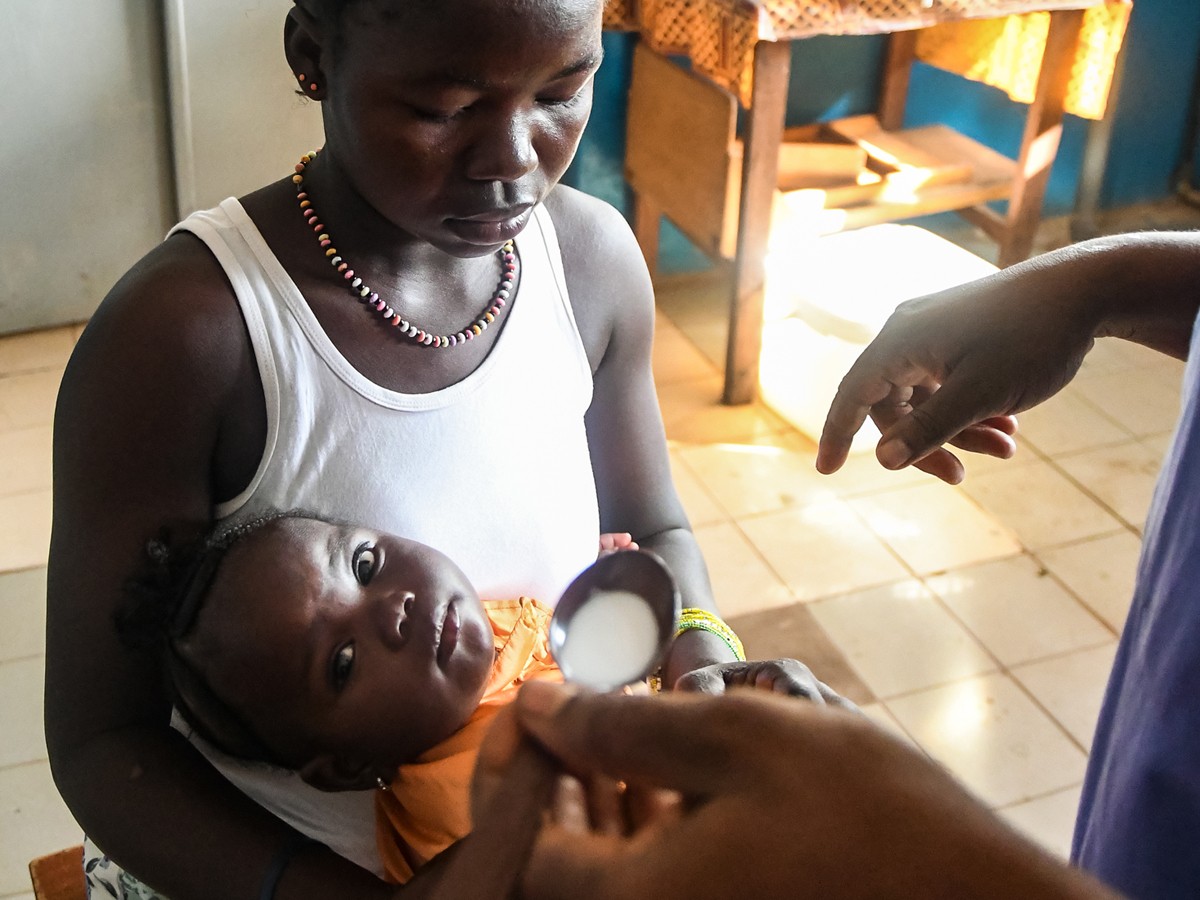
- Contributing to the development of the WHO Operational Manual for Universal Access to Malaria Diagnostic Testing
- Providing technical assistance to national entities to support the development and revision of malaria laboratory diagnosis and case management training curricula, policy, strategy, guidelines, and operational manuals
- Providing technical assistance to national entities to conduct national Malaria Indicator Surveys (MIS), national Malaria Program Reviews (MPR), and assessments of malaria clinical and laboratory services at health facilities
- Improving malaria diagnosis and case management capacity of health facilities through training of program managers, clinicians and laboratory professionals, provision of essential diagnostic equipment and supplies, and implementation of the malaria laboratory diagnosis External Quality Assessment (EQA) scheme
- Facilitating the establishment of a National Archive of Malaria Slides (NAMS) for basic and accreditation training courses and external quality assessment programs, and rollout of Malaria Microscopy Accreditation Courses (MMAC)
- Conducting operational research projects including assessments of anti-malarial drug efficacy, adherence to anti-malarial drugs, and the burden of malaria-HIV co-infection

